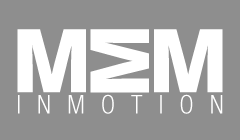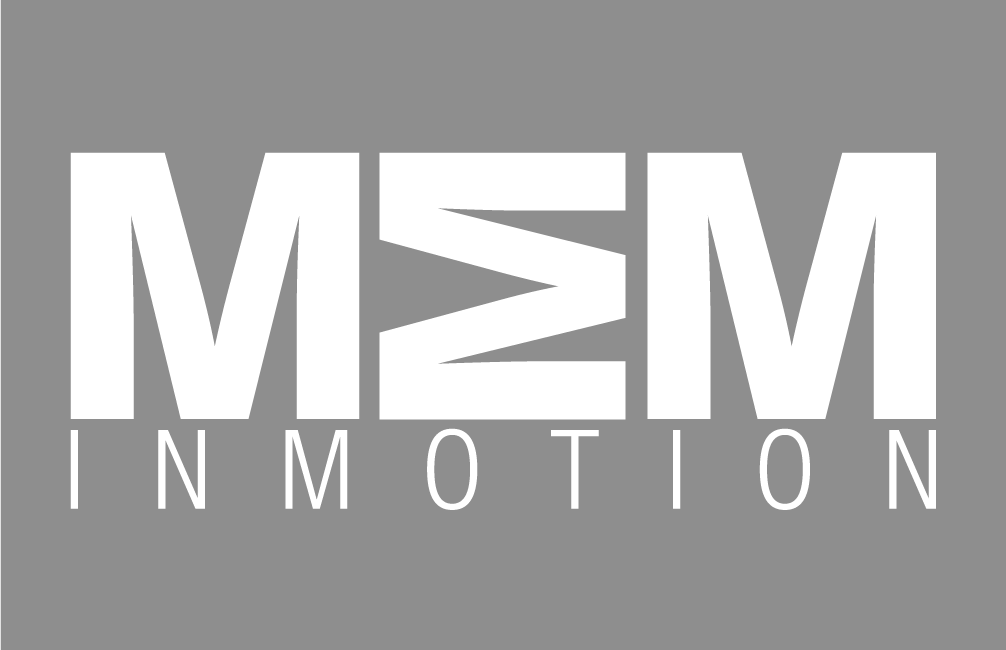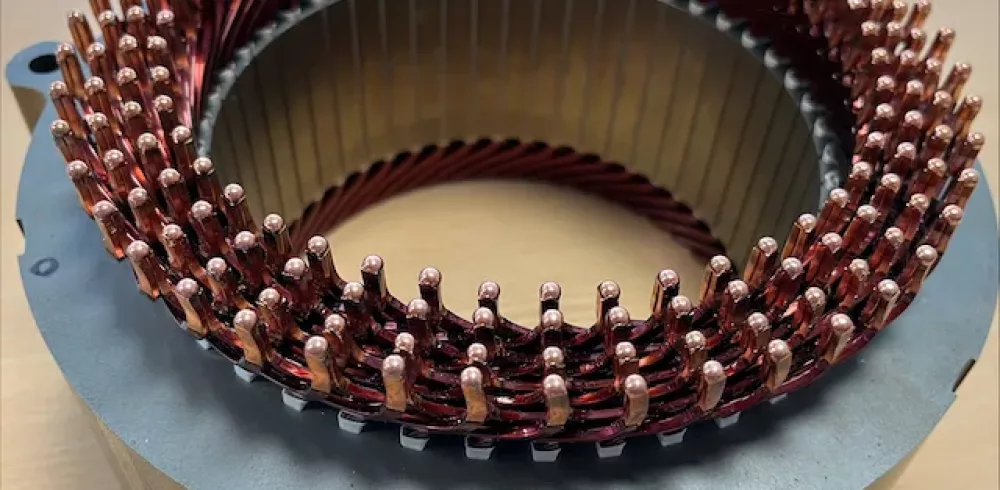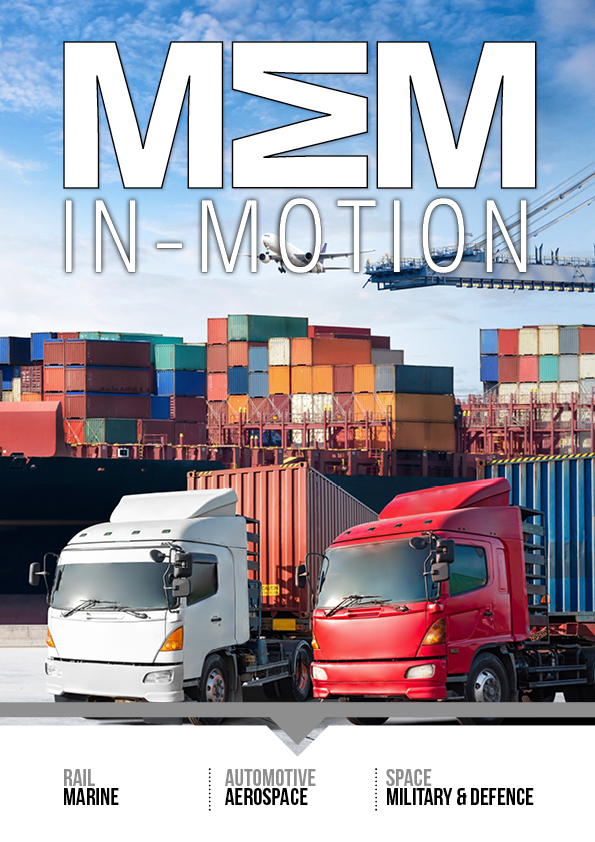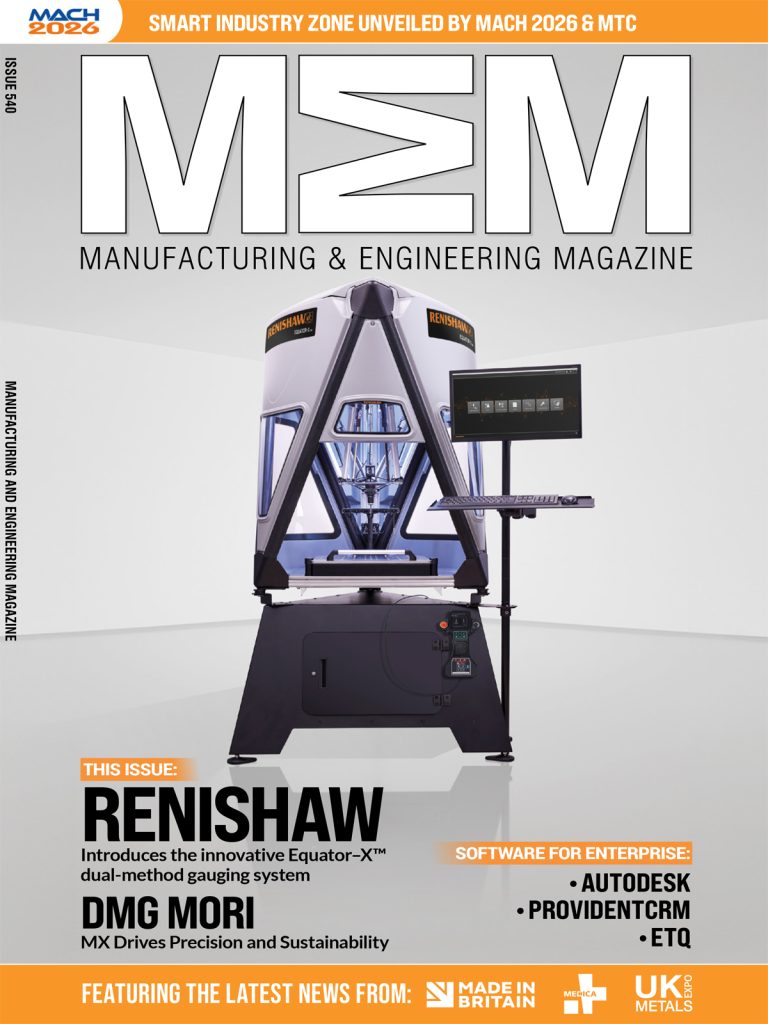Cambridge Vacuum Engineering (CVE) – a leading provider of electron beam and laser welding systems – and Ford, today announced that they have won a £430,000 research grant from UKRI’s Driving the Electric Revolution Challenge, which is delivered by Innovate UK. Together the two companies have been awarded a share of a £5.8 million fund to explore the automation and scale up of electron beam welding for the joining of copper and aluminium components used to power electric motors for the automotive industry.
Innovate UK, the UK’s national innovation agency, is investing heavily in electrification technologies – including power electronics, machines, and drives (PEMD) – which can support the UK’s push towards a net zero carbon economy and the development of cleaner technology supply chains.
Under a project entitled EB-eDrive, CVE and Ford are seeking to reduce the time it takes to manufacture hairpin stators, the electromagnet system central to the smooth running of electric vehicle engines. Speeding up this process could help increase the production of electric vehicles in the UK – supporting the Government’s net zero targets. It would also help reinforce the country’s position as a global leader in the research and development of advanced manufacturing technologies.
Electron beam welding is significantly faster than conventional laser welding techniques. The technology is already making a major difference in other clean energy applications – significantly accelerating the pace at which wind turbines and nuclear reactors can be produced while also reducing the amount of energy used and cutting the carbon footprint of associated processes.
Bob Nicolson, CEO of Aquasium Technology – the parent company of Cambridge Vacuum Engineering – said: “We are delighted that EB-eDrive is one of twelve projects awarded a grant by Innovate UK. It’s exciting to be working with Ford Powertrain Manufacturing Engineering and collaborating on such an important research initiative. The potential benefits that electron beam welding can bring to the production of motor stators is huge. As well as looking to reduce manufacturing time, we’ll also be seeing what we can do to improve the quality of hairpin welds to reduce the risk of electrical shortcuts and the production of non-functioning stators. With the funding granted by Innovate UK our aim is to demonstrate how electron beam welding – as an advanced manufacturing technique – can accelerate the green transformation of the UK automotive industry and keep the country at the forefront of global vehicle production and innovation.”
Work on EB-eDrive has already started with CVE and Ford agreeing a scope of works, drawing up preliminary designs and welding some small samples.
CVE has been the recipient of previous Innovate UK grants. In February 2023 the business received funding under UKRI’s Faraday Battery Challenge, which is delivered by Innovate UK and supports the research and development of the most promising, innovative, and sustainable battery technologies for the propulsion of electric vehicles in the automotive sector. The EB-Bat project is a collaboration with Delta Cosworth and TWI to design, build and test an electron beam welding machine that can weld battery busbar components.
Innovate UK is part of UK Research and Innovation (UKRI) – a non-departmental public body sponsored by the Department for Science Innovation and Technology (DSIT).
For further information about EB-eDrive, please contact: sales@camvaceng.com
Manufacturing & Engineering Magazine | The Home of Manufacturing Industry News
